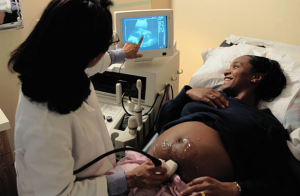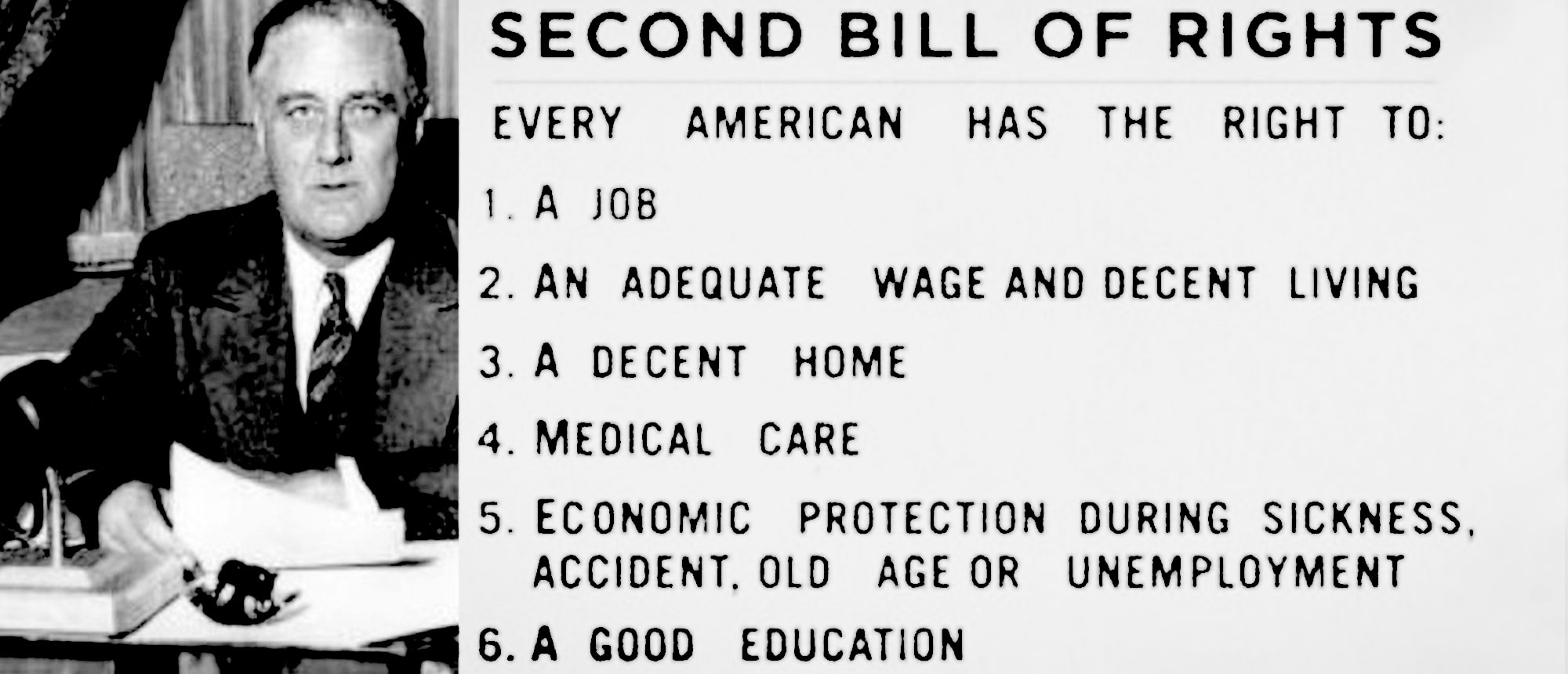(ThyBlackMan.com) After an injury or surgery, most people are prescribed painkillers. These painkillers could include codeine, morphine, and oxycodone, which are considered opioids, and fall under the category of narcotics. Lots of brand name medicines have opioid in them, so it can be found in cough medicines, for instance. Practicing doctors prescribe them for only a certain duration and a certain dose which is how they are meant to be used, but still thousands of people find themselves gradually getting addicted to these drugs because they release a chemical in the brain that results in a feeling of calmness and happiness, making them highly and easily addictive.
Since you need a prescription to get these drugs, many people don’t realize just how harmful they can be, and take it at face value that opioids are safe.
Becoming addicted to any of these drugs can cause serious complications and harm to your unborn child. Even if these drugs are prescribed, it’s best to avoid them altogether during a pregnancy due to the harm they may cause. We’ll tell you what sorts of things can happen if you  use opioids during pregnancy.
use opioids during pregnancy.
Various concerns of using opioids during pregnancy could include:
Placental problems – this includes placental abruption and placental insufficiency which can be detected while using an GE Voluson ultrasound machine.
- Premature rupture of membranes – known as PROM, this is of serious concern because it’s very likely the baby will be born a few days after the rupture. It’s also a risk factor because it could cause a serious infection of the placenta tissues, putting both mother and baby at risk.
- Preterm labor and premature birth – labor is considered early if it begins before 37 weeks of pregnancy.
- Fetal growth restriction – the baby doesn’t gain the needed amount of weight before birth.
- Preeclampsia – this condition could be high blood pressure, protein in the urine and water retention. More severe cases could include headaches and blurred vision of the mother.
- Miscarriage or fetal death – miscarriage is when the baby dies in the womb before 20 weeks of pregnancy.
- Postpartum heavy bleeding – this is heavy bleeding after birth. A severe drop in the mother’s blood can be fatal if not treated.
- Inflammation of the fetal membranes – this is a condition where a bacterial infection of the membranes surrounds the fetus within the womb. If not detected and treated properly, it can cause severe problems for the baby and the mother.
NEONATAL ABSTINENCE SYNDROME (NAS)
If you become opioid dependent during pregnancy, your baby could experience the drug withdrawal syndrome known as neonatal abstinence syndrome, (NAS) after the birth. This is a group of problems which typically involve a baby withdrawing from certain opioid drugs he/she was exposed to during pregnancy.
Ideally, you should detox from substances before pregnancy, but the fact remains that many mothers-to-be are addicted during their pregnancy. Opiate detox while pregnant needs to be handled by a specialist as there is an always special concern for pregnant women. Yet, the best and most comfortable way to detox is under the supervision of a trained team. In fact, the most harmful thing you can do is to try to detox on your own. It is likely that if you were able to do it on your own, you would have done so before pregnancy.
Know more about what to expect
Finding a right facility that understands is your first step. They will explain more to you what to expect. As a mother-to-be, you have every right to detox in a dignified way and carry your baby to full term with a healthy delivery. Detox is both for you and your baby. You don’t need to allow an addiction to take over the health of both of you, when you can find centers and professionals to help you.
Staff Writer; Paula Hall




















Leave a Reply